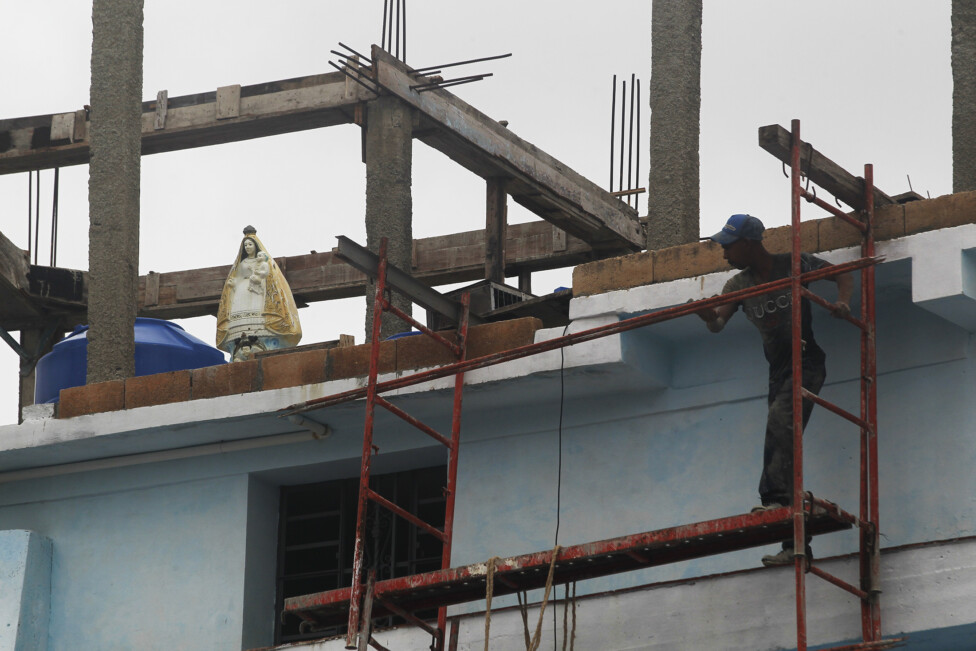
HAVANA TIMES¡ – Informal employment in Cuba is an underlying reality. Without official figures but clearly evident, it emerges in the country’s labor market among those seeking better income in a context of economic crisis and low wages.
“There are hardly any job options for young people. Legal alternatives for effective work that really pay,” said Amalia, 19, who asked to keep her real name anonymous, to IPS.
The young woman spent her last year juggling her university career with long shifts as a waitress in bars and restaurants, subjected to exploitation due to the lack of a contract, sexual harassment from bosses or clients, and above all, the fear of losing her job.
“You have no job security. They can fire you for anything. And who are you going to complain to? If you don’t like it, pack your bags and find another place that suits your needs. The boss is the almighty lord,” she said.
For the Cuban authorities, informal employment includes those who perform paid activities without a work contract or social security protection, as long as it is legal and can be formalized, said Ariel Fonseca, Director of Employment at the Ministry of Labor and Social Security (MTSS), in a television program on the topic aired in April.
Latin American countries differ on the concept of informality. However, most consider informal workers to be those who are self-employed without legal backing and employers whose businesses are not legally constituted, according to data from the Economic Commission for Latin America and the Caribbean (ECLAC).
An informal worker can face fluctuating income, lack of long-term stability guarantees, limitation of labor rights, exploitation, discrimination, sexual harassment, dismissal in cases of illness or pregnancy; in general, a broad framework of lack of protection.
The phenomenon has been reinforced by the worsening economic crisis in Cuba, rising inflation, and the emergence of the private sector in recent years.
A significant difference between Cuba and some countries in the region is that the pay offered by the informal sector, despite the accompanying inconveniences, is often much higher than those of formal employment.
Especially in the state sector, where two-thirds of the 4.5 million employed people (out of a total population of 11.1 million) work, according to the latest figures from the National Office of Statistics and Information (ONEI).
The average monthly salary in state enterprises is 4,856 pesos, equivalent to about 40 dollars at the official exchange rate of one dollar per 120 pesos, and becomes


